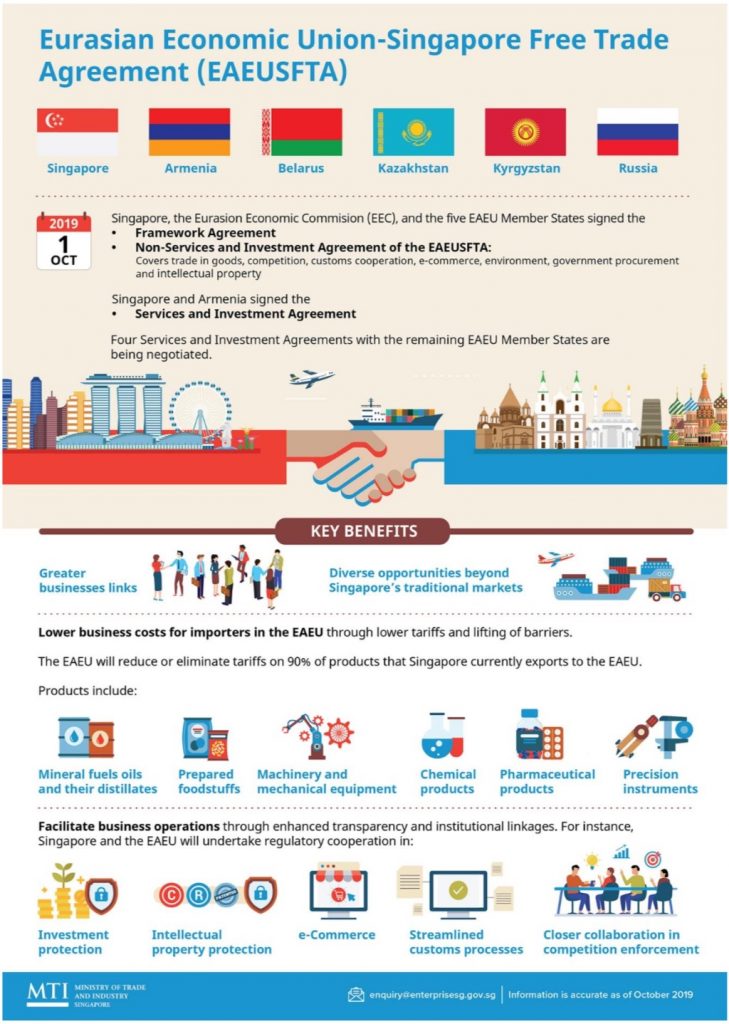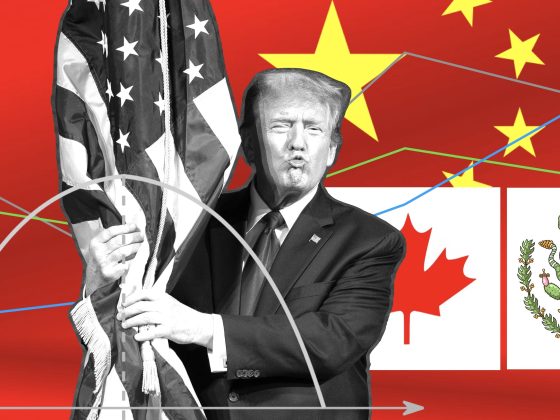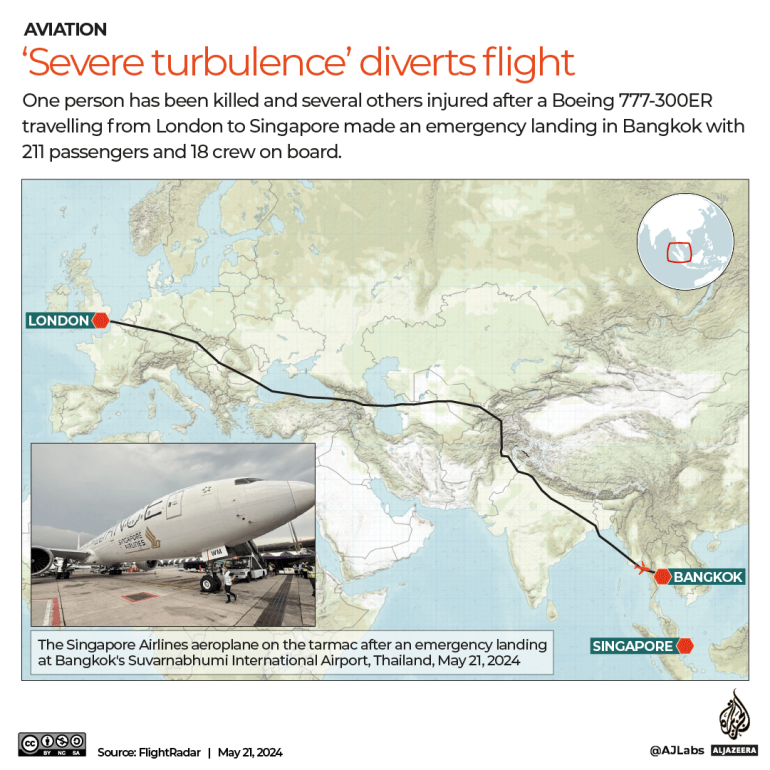Singapore and the Eurasian Economic Union (EAEU) signed three agreements in Yerevan, Armenia. These agreements will catalyse greater business links between Singapore and the EAEU and create diverse opportunities for trade and investment beyond Singapore’s traditional markets.
Singapore signed the EAEU-Singapore Free Trade Agreement (EAEUSFTA) Framework Agreement and the non-Services and Investment Agreement with the Eurasian Economic Commission (EEC) and all five EAEU Member States. The non-Services and Investment Agreement of the EAEUSFTA covers market access for trade in goods via reduction of tariff and non-tariff barriers, as well as other areas that facilitate trade such as competition, customs cooperation, e-commerce, environment, government procurement and intellectual property. Singapore also signed a Services and Investment Agreement with Armenia. Services and Investment Agreements with Belarus, Kazakhstan, Kyrgyzstan and Russia are being negotiated.
Senior Minister and Coordinating Minister for Social Policies Tharman Shanmugaratnam signed the agreements for Singapore. The EAEU signatories were Chairman of the EEC Tigran Sargsyan, Deputy Prime Minister of Armenia Mher Grigoryan, Deputy Prime Minister of Belarus Igor Petrishenko, First Deputy Prime Minister of Kazakhstan Alikhan Smailov, Deputy Prime Minister of Kyrgyzstan Zhenish Razakov, and First Deputy Prime Minister of Russia Anton Siluanov.
Prime Minister Lee Hsien Loong witnessed the signing, together with Prime Minister of Armenia Nikol Pashinyan, President of Belarus Alexander Lukashenko, President of Kazakhstan Kassym-Jomart Tokayev, President of Kyrgyzstan Sooronbay Jeenbekov, and President of Russia Vladimir Putin.
The EAEUSFTA will enhance Singapore’s goods and services trade with the combined Eurasian market of more than 180 million people. EAEU Member States will reduce or eliminate tariffs on 90% of products that Singapore currently exports to the EAEU upon the agreement’s entry into force. Products that will benefit from the tariffs reduction include mineral fuels, oils and their distillates, prepared foodstuffs, machinery and mechanical equipment, chemical products, pharmaceutical products and precision instruments.
The EAEUSFTA will also facilitate business operations through enhanced transparency and institutional linkages. For instance, Singapore and the EAEU will undertake regulatory cooperation in areas such as the protection of investments and intellectual property, promotion of electronic commerce, streamlining of customs processes, and closer collaboration on competition enforcement and trade facilitation. These will strengthen trade and investment between Singapore and the EAEU, enhance business networks, and lower business costs.
In 2018, Singapore’s total bilateral goods trade with the EAEU was close to S$9 billion. Singapore’s top exports to the EAEU were machinery and metals. Singapore’s top imports from the EAEU were petroleum and mineral oils. Bilateral services trade was more than S$2 billion in 2017. Top traded services were transport services, financial services, telecoms service and trade-related services. Singapore’s Direct Investment Abroad (DIA) into the EAEU exceeded S$20 billion in 2017. Foreign Direct Investment (FDI) from the EAEU into Singapore amounted to S$11.5 billion in 2017.










